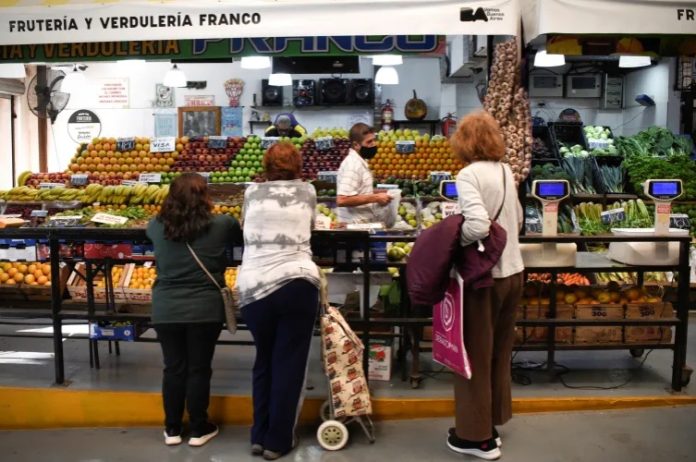Argentina’s monthly inflation rate reached 28 per cent in December, the highest since early 1990.
The inflation was triggered by the sharp devaluation of the peso currency last month by the new government of libertarian President Javier Milei.
Milei, who came to power in mid-December on voter anger at the political elite, implemented a more than 50 per cent devaluation of the artificially strengthened peso currency, which remains constrained by capital controls.
This unleashed a wave of contained inflation, with prices of food, clothing and transport rising sharply as a result of the devaluation, which was aimed at narrowing the huge gap between the official exchange rate and the widely used parallel rates. Eugenio Mari, chief economist of the Libertad y Progreso Foundation, said:
The acceleration was clearly pushed by the accommodation of prices that was artificially delayed. The main driver was the wholesale exchange rate. This pushed up the prices of tradable goods, especially notable in food and beverages, which increased around 35% monthly.
Rampant inflation, which has risen steadily in recent years amid deep budget deficits, low confidence in the peso and money printing to fund the government, is a key part of Argentina’s worst economic crisis in two decades.
Two-fifths of the population lives in poverty, net foreign exchange reserves are deeply in negative territory, huge debt repayments are looming and the government is rushing to renegotiate a $44 billion International Monetary Fund lending programme.
Milei, who has warned of the risk of hyperinflation without his planned austerity measures and spending cuts, conceded that inflation would be around 30 per cent in December, although he said it could be worse.
Lucio Garay Mendez, an economist at consultancy EcoGo, said he expected inflation in December at 29.1 per cent and an annual rate of about 222 per cent, with prices rising even more this year. He noted:
For 2024 there will be new increases, especially in regulated prices, which are those that were furthest behind in the previous management, such as prepaid insurance, fuel, public transportation, electricity and gas rates.
